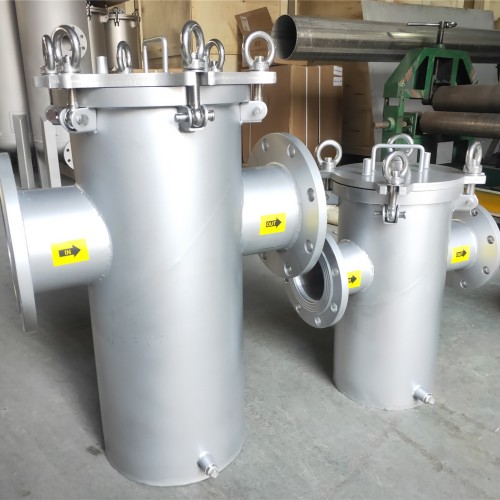Float Operated Needle Valve Producers and Suppliers for Precision Applications
Understanding Float Needle Valve Manufacturers
In the world of engineering and fluid control systems, float needle valves play a crucial role. These components are vital for regulating fluid flow in various applications, from fuel systems to water management. With a growing demand for efficient and reliable fluid control solutions, the market for float needle valve manufacturers has expanded significantly. This article delves into the intricacies of float needle valves, their applications, and factors to consider when choosing a manufacturer.
What Are Float Needle Valves?
Float needle valves, often referred to simply as needle valves, are devices that control the flow of liquids or gases within a system. They work on a simple principle; the valve opens and closes based on the level of fluid detected by a float mechanism. When the fluid level rises, the float lifts, pushing the needle into a seat that controls the flow—this prevents overflow in tanks and other containers. Conversely, when the fluid level drops, the float descends, allowing the needle to retract and let more fluid in.
These valves are predominantly used in applications where precise control over fluid levels is necessary, such as in carburetors in engines, water tanks, and various industrial and household liquid systems. The precise nature of their operation makes them indispensable in ensuring efficiency and safety in fluid handling.
Importance of Quality Manufacturing
Choosing the right manufacturer for float needle valves is essential. Quality can significantly impact the functionality, durability, and safety of the valve. A well-manufactured float needle valve can withstand various environmental conditions and pressures, while a poorly constructed one can lead to leaks, failures, or catastrophic accidents.
When evaluating manufacturers, consider factors such as
1. Certification and Compliance Reputable manufacturers should comply with industry standards such as ISO 9001 and other relevant certifications for quality management. These certifications assure customers that the products meet stringent quality and safety standards.
2. Material Selection The materials used in the manufacturing process significantly affect the performance and longevity of float needle valves. Look for manufacturers who use high-quality materials like stainless steel, brass, or plastic (for specific applications), which offer corrosion resistance and durability.
float needle valve manufacturers

3. Design and Engineering Capabilities Manufacturers should have a strong engineering team to innovate and produce valves that meet specific requirements. Custom designs may be necessary for unique applications, and manufacturers should be equipped to handle such requests.
4. Testing and Quality Control A robust quality control system that includes testing procedures for performance under standard and extreme conditions is vital. Manufacturers should be transparent about their testing processes to ensure reliability.
5. Reputation and Customer Reviews The track record of a manufacturer can provide insights into their reliability. Customer reviews, testimonials, and case studies can illustrate real-world performance and customer satisfaction.
6. Delivery and Support Services Consider manufacturers who offer excellent customer service, reliable delivery times, and after-sales support. This is crucial for maintaining operational efficiency in your business.
Market Trends
As industries evolve, the demand for float needle valves continues to grow, particularly in sectors such as automotive, water treatment, and oil and gas. Innovations in smart manufacturing and automation are also influencing the production of needle valves, leading to more advanced, efficient designs that meet the demands of modern applications.
Moreover, environmental regulations are increasing the need for efficient control systems that minimize waste and optimize resource usage. Manufacturers are responding by designing valves that not only perform well but are also eco-friendly and energy-efficient.
Conclusion
Float needle valves are critical components in various fluid control applications. As the market for these valves becomes increasingly competitive, it is vital for consumers to choose manufacturers with a reputation for quality and reliability. By considering factors such as compliance, material quality, engineering capabilities, testing, reputation, and customer support, businesses can partner with manufacturers that meet their specific needs and ensure the smooth operation of their fluid systems. As technology continues to innovate, staying informed about trends and advancements in float needle valve manufacturing will be essential for maintaining efficiency and competitiveness in the marketplace.
-
The Key to Fluid Control: Exploring the Advantages of Ball Valves in Industrial SystemsNewsJul.09,2025
-
The Versatile World of 1, 2, and 3 Piece Ball ValvesNewsJul.09,2025
-
Stainless Steel Ball Valves: The Ideal Choice for Efficient Flow ControlNewsJul.09,2025
-
Optimizing Fluid Control with Ball Float ValvesNewsJul.09,2025
-
Manual Gate Valves: Essential for Control and EfficiencyNewsJul.09,2025
-
Everything You Need to Know About Butterfly ValvesNewsJul.09,2025
-
The Versatility of Wafer Type Butterfly ValvesNewsJul.08,2025




